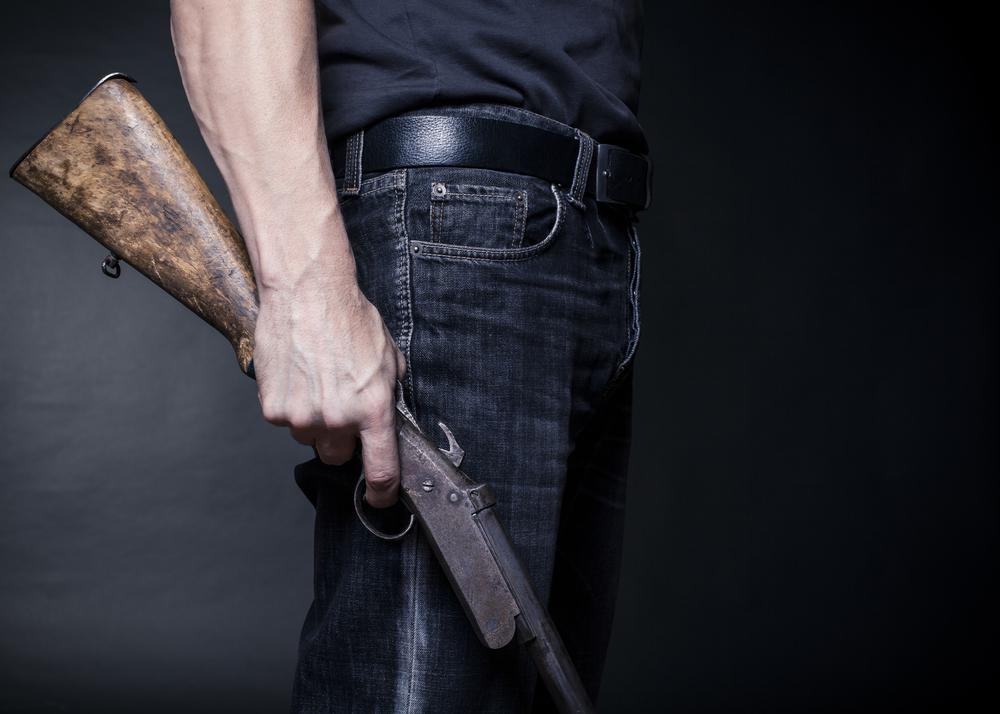Skeet-shooting becoming a bit stale? Sporting enthusiasts need not worry—there’s a new game in town. Drones have gone from hunter to hunted as homeowners sing “not in my back yard” to the rhythm of a shotgun.
Reports of man-on-drone violence are on the rise, with landowners claiming that unauthorized flying of small, noncommercial drones (sometimes with cameras) in the air above their land violates property rights. This past week, a man in New Jersey riddled a drone flying over his home full of bullets. He was arrested on unlawful weapons charges
When it comes to air rights, it’s not exactly clear who owns what. As any first-year law student can tell you, property law is complicated. The exact “bundle of rights” that comprises an interest in land ranks among those perpetually prickly principles of property law. Just because someone owns the dirt does not mean he owns the sky.
A parcel of real property (land) can be divided up into distinct parts: above ground, below ground, and just plain old ground. The three areas have spawned lines of case law that govern permissible uses and create some basic rules for governing conflicts between owners of competing rights. Practical concerns dictate the rules (mostly) for air right disputes. This past summer, several national parks imposed a ban on drones. The ban, however, did not extend to high altitudes where planes might fly.
Furthermore, an individual homeowner doesn’t have quite as much sway as a national park. Even if a drone is flying right outside the window of a two-story house, shooting first and claiming invasion of property later is a problematic strategy.
If you go on someone’s land without her permission, the property owner can seek damages even if you haven’t harmed the land in any way. But having been wronged (in the eyes of law) does not give a landowner free rein to engage in “self-help” and fix the situation as they see fit. By shooting down a trespassing drone, gun-wielding drone-haters may have escaped the rigors of property law only to find themselves embroiled in a whole other set of rules, the ones that say it’s not cool to deliberately mess with other people’s stuff.
The claim that drone-shooting is a justified act of self-protection seems rooted in another legal misunderstanding. Self-defense is about protecting your person and your family—not your rights to keep the air you own free of annoying buzzing.
